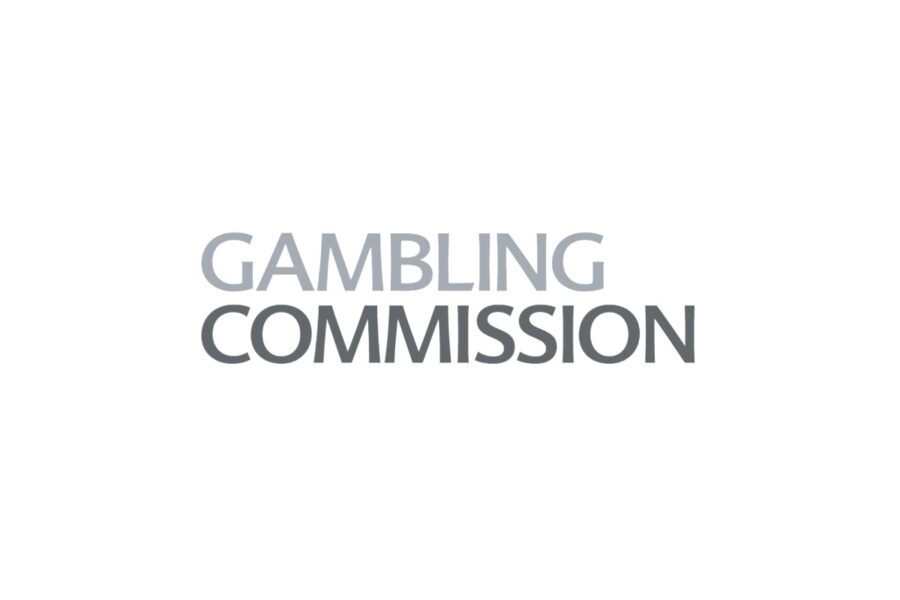Gaming industry calls for caution over first Gambling Survey for Great Britain statistics

The Gambling Commission says the survey establishes a “new baseline for understanding gambling behaviour in Britain”.
UK.- The Gambling Commission has published the first-year statistics and datasets from the new Gambling Survey for Great Britain (GSGB). The survey for 2023 found that 48 per cent of adults and 52 per cent of men had participated in some form of gambling in the past 4 weeks.
The rate of participation fell to 27 per cent when lottery draws were excluded. Some 41 per cent of adults who gambled in the past 12 months rated the last time they gambled positively, while 21 per cent gave a negative score and 37 per cent gave a neutral score. The most common reasons for adults to participate in gambling were the chance of winning big money (86 per cent) because gambling is fun (70 per cent) to make money (58 per cent) and because it was exciting (55 per cent).
An estimated 2.5 per cent experienced “problem gambling”, which would equate to 1.3 million people. That compares to a figure of just 0.3 per cent in the last NHS telephone survey from May 2023.
Based on 10,000 responses, the survey replaces the former NHS survey gambling prevalence. The Gambling Commission says the new methodology provides more insights into “who participates in gambling, what type of gambling activities they participate in, experiences of and reasons for gambling, and the consequences that gambling can have on individuals and others close to them”. Due to the change in methodology, a like-for-like comparison with previous years is not possible.
The regulator said: “The Gambling Commission has today launched a new gambling survey which is set to become one of the largest in the world and establish a new baseline for understanding gambling behaviour in Britain.”
The Problem Gambling Severity Index (PGSI) is still used to measure symptoms of gambling disorder and adverse harms based on responses to problem gambling questions using a nine-item scale rated on a four-point system (0 = no adverse symptoms, 1-2 = low risk, 3-7 = moderate risk, and 8+ = high risk).
The highest-risk gambling verticals
In-person betting on non-sports events was found to be the vertical with the highest average proportion of high-risk players. The proportion of participants with a PGSI score of 8 or more was over 9 times higher relative to all people who had gambled in the past 12 months. The proportion with a PGSI score of 8 or more was more than 6 times higher for those who gambled on online slots. However, online sports bettors were less likely to be high-risk than in-person bettors.
The survey presents 16 dedicated datasets providing insights into the consequences of gambling (Table-D research). Relationship breakdowns were the most common severe consequence, affecting 1.6 per cent of participants. Adverse consequences included reduced spending on everyday items (6.6 per cent), lying to family (6.4 per cent), and feeling isolated (5.5 per cent). Some 11.4 per cent of participants reported having thought about or attempted suicide in the last year.
Tim Miller, executive director of research and policy, said: “One of our aims as a regulator is to ensure we gather the best possible evidence on gambling – and today’s publication is the next significant step forward in our journey towards creating a robust source of evidence for gambling in Great Britain.
“Data in this report represents the first year of a new baseline, against which future changes can be compared and as such will prove invaluable in deepening further our understanding of gambling across the country.”
The change in survey methodology was proposed under last year’s gambling white paper. The new survey was academically reviewed by professor Patrick Sturgis of the London School of Economics (LSE). He said the research methodology was exemplary but warned policymakers there is a non-negligible risk that figures substantially overstate the true level of gambling and gambling harm in the population.
Gambling industry response
A spokesperson for the Betting and Gaming Council, said: “The methodology used in this survey is different to those previously conducted into betting and gaming. As a result, the Gambling Commission has been clear, GSGB should not be used to make direct comparisons with results from prior surveys, as a measure of addiction, or to gross up problem gambling prevalence to the whole population.
“Our members are concerned these findings may be unreliable because there is a significant risk GSGB overstates gambling participation and gambling related harm. Surveys using predominantly online self-completion consistently produce higher estimates of gambling participation and associated harms, compared to established alternative survey methods.
“The BGC and our members are committed to raising standards and we welcome any robust study that accurately gauges betting and gaming participation and problem gambling prevalence.
“This commitment is backed by record funding, with BGC members voluntarily donating over £170m over the past four years to independent Research, Prevention and Treatment services to tackle problem gambling and gambling related harm.
“Each month around 22.5 million people in Britain enjoy a bet and the overwhelming majority do so safely and responsibly. The most recent NHS Health Survey for England estimated that 0.4 per cent of the adult population are problem gamblers.”
Bacta, the gaming hall trade association, also urged caution. President John Bollom said: “BACTA members are firmly committed to promoting responsible gambling and continuously strive to ensure the safety and well-being of our customers. Our venues are among the safest places to gamble with customers supervised by experienced staff who are well trained to spot signs of problems and provide support.
“The gaming machines in these venues are low stake and highly regulated by the Gambling Commission with strict age checks are enforced. The vast majority of our customers have an enjoyable time, but a small minority of players can have problems and we are committed to ensuring help is offered to players if needed. We also engage with people with lived experiences to inform and shape our actions to prevent problem gambling happening in the first place.”











